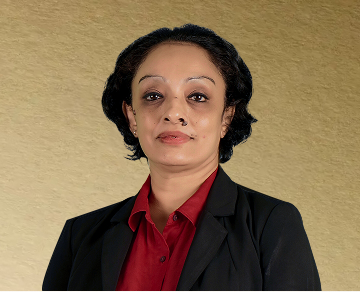

Home 

Financing for Disaster and Climate-Resilient Infrastructure
Implementing Partner: Build Change
Project name:Global Infrastructure Resilience Report, First Edition, Chapter 4
This chapter addresses the $2.84–$2.90 trillion financing gap for resilient infrastructure in LMICs by 2050, highlighting weak governance and policy uncertainty as barriers to private investment.
It outlines pathways such as national resilience policies, financial risk metrics, and structured project pipelines to attract capital.
Establishing a resilient infrastructure asset class is essential to mobilizing funds, leveraging the resilience dividend, and bridging investment gaps for sustainable, disaster-resistant infrastructure development.
by 2050
investments in 2021
Impact
1
Bridging the $2.84–$2.90 trillion financing gap can fast-track resilient infrastructure development, strengthening LMIC economies. By attracting investment and prioritizing risk-informed projects, countries can enhance sustainability, reduce vulnerabilities, and drive long-term economic growth in high-risk regions.
2
National resilience funds can attract private investment, alleviating fiscal pressure and strengthening infrastructure resilience. By creating structured funding mechanisms, LMICs can accelerate sustainable development, enhance disaster preparedness, and ensure long-term economic stability in high-risk regions.
3
Establishing a resilient infrastructure asset class can draw investors, expand project funding, and unlock resilience dividends. By integrating risk-informed investment strategies, LMICs can enhance infrastructure sustainability, drive economic growth, and reduce long-term disaster vulnerabilities.




